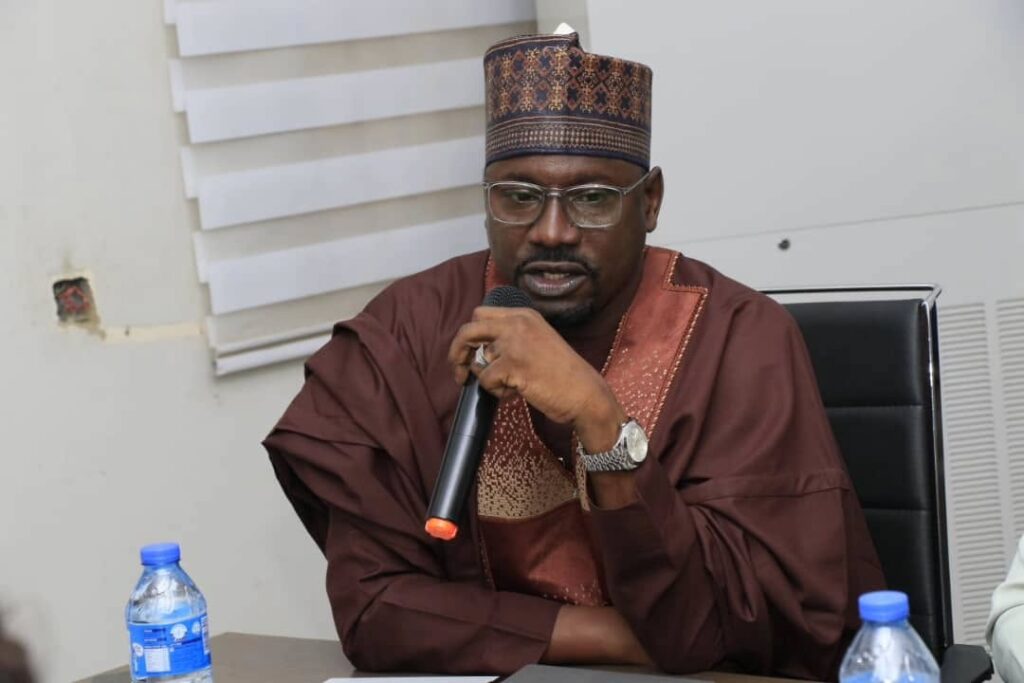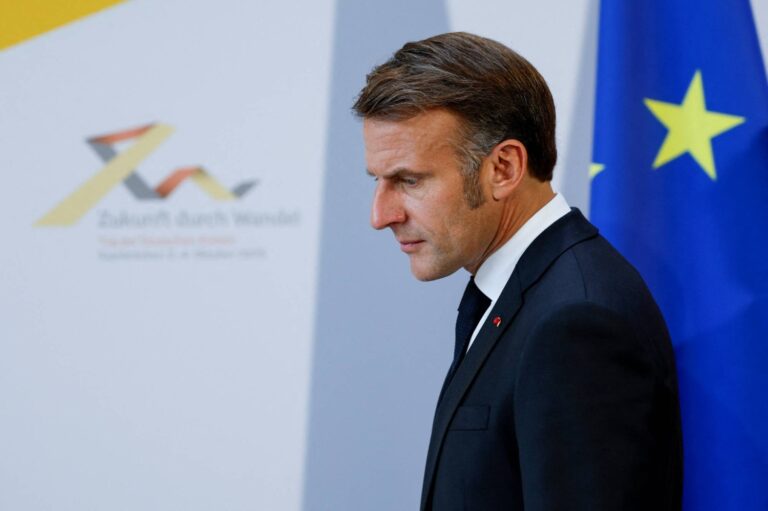
Abba Aliyu, Managing Director of the Rural Electrification Agency (REA), is taking bold action to build a cleaner, greener Nigeria. He is spearheading efforts to secure $1.6 billion in funding for solar mini-grid projects and other clean energy initiatives that target underserved rural communities. This ambitious drive aims to expand electricity access and promote sustainability nationwide.
At a press briefing in Abuja, Aliyu explained that the REA is engaging both international and local partners to raise the funding. He revealed that the agency is in active talks with development finance institutions to support Nigeria’s clean energy transition and reduce energy poverty for millions of citizens.
Aliyu confirmed that the REA has identified over 1,000 viable sites for solar mini-grid deployment. The agency selected these locations based on population density, distance from the national grid, and the level of economic activity. The plan also includes solar home systems and productive-use appliances tailored for homes and small businesses.
He champions clean energy not only by securing financing but also by prioritizing effective implementation. He emphasized that REA operates with transparency and accountability at its core. Every project will follow strict technical and social criteria, with local communities actively involved at each stage.
The initiative will directly impact over 17 million Nigerians and significantly improve living standards in remote areas. Aliyu noted that the plan aligns with the Federal Government’s Energy Transition Plan, which targets net-zero emissions by 2060. He stressed the need to deliver clean energy that is affordable, reliable, and scalable.
REA continues to deepen collaboration with the private sector. According to Aliyu, investors are increasingly showing interest in Nigeria’s renewable energy landscape. The agency provides technical assistance and policy incentives to encourage private sector participation and speed up deployment. This public-private synergy also drives job creation and innovation.
In addition to solar mini-grids, the REA plans to roll out solar-powered cold storage, water pumps, and agricultural processing tools. These resources will enhance rural productivity, reduce fossil fuel use, and help build climate resilience. Aliyu stated that reliable electricity can unlock business growth and improve everyday life in rural communities.
His approach reflects a deep understanding of local energy needs. Under his leadership, the REA has already deployed over 100 mini-grids and connected thousands of homes to steady power. His track record demonstrates that clean energy projects can succeed when backed by vision and accountability.
Aliyu called on local and state governments to partner with the REA to accelerate progress. He emphasized that coordination at all levels remains essential to the success of this initiative. With strong collaboration, more communities can gain access to clean, sustainable power.
With his focused leadership and hands-on strategy, Abba Aliyu is shaping Nigeria’s energy future. He believes every Nigerian deserves access to clean and affordable electricity. Through this $1.6 billion initiative, the REA is making that vision a reality—one rural community at a time.

